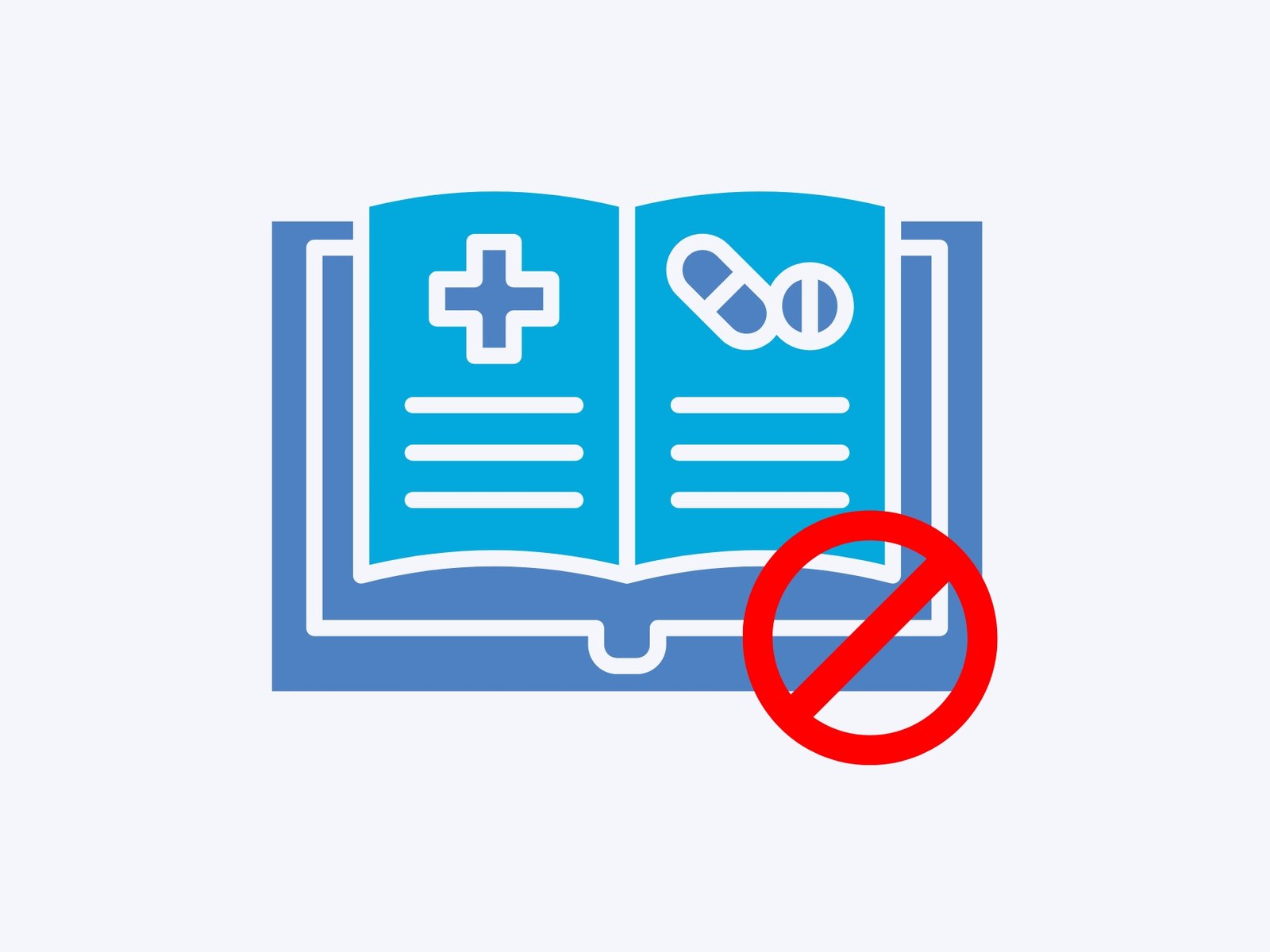The USMLE Step 1 is one of the most crucial exams in your medical journey. Your score not only impacts your residency applications but also determines your competitiveness for specialties and programs. While countless students work hard, many still make avoidable mistakes that harm their performance. Understanding and avoiding these common pitfalls can give you a major advantage in your preparation.
In this article, we will break down the biggest mistakes students make in USMLE Step 1 prep, why they happen, and how you can avoid them to secure your target score.
Why Avoiding Pitfalls Matters in USMLE Step 1
The USMLE Step 1 is no longer just about passing — it’s about standing out. Every point matters, and even small mistakes in preparation can snowball into bigger problems by test day. By identifying pitfalls early, you can save time, maintain confidence, and ensure consistent score improvements.
Common Pitfalls in USMLE Step 1 Preparation
1. Starting Without a Structured Plan
One of the most common mistakes is diving into preparation without a clear, time-bound plan. Many students study “when they have time” rather than following a daily schedule. This leads to burnout and uneven coverage of topics.
How to avoid it:
- Create a study calendar before you begin.
- Break down subjects into daily targets.
- Allocate more time to weaker areas.
2. Over-Reliance on One Resource
Some students use only one review book or one question bank, believing it will be enough. The USMLE Step 1 covers a vast syllabus, and a single resource might not address all exam nuances.
How to avoid it:
- Use a combination of USMLEed Question Bank, First Aid and NBME practice exams.
- Cross-reference information to reinforce learning.
3. Not Starting a QBank Early Enough
Many candidates delay using a QBank until the last few weeks, missing out on months of active learning. A QBank is not just for assessment—it’s for learning and reinforcing concepts.
How to avoid it:
- Start using a QBank within the first month of prep.
- Do 40–80 questions per day in timed mode.
- Review every question, even the ones you got right.
4. Memorizing Instead of Understanding
Step 1 is designed to test clinical reasoning, not rote memory. Students who rely solely on memorization find themselves stuck on unfamiliar question stems.
How to avoid it:
- Focus on mechanisms, pathophysiology, and clinical correlations.
- Use flashcards for reinforcement, not as the main learning tool.
5. Neglecting Weak Subjects
It’s natural to gravitate toward topics you enjoy or are good at, but the exam will test all subjects. Avoiding weaker topics like biostatistics or pharmacology can significantly hurt your score.
How to avoid it:
- Identify weak areas early through self-assessments.
- Dedicate extra review sessions to these subjects weekly.
6. Ignoring Self-Assessments
Skipping NBME or USMLEed self-assessments means you won’t know your readiness level. Many students avoid them out of fear of low scores.
How to avoid it:
- Take your first NBME 8–12 weeks before your exam.
- Use the results to fine-tune your preparation.
7. Inconsistent Study Habits
Some students study intensely for a few days and then take long breaks. This inconsistency prevents retention and disrupts momentum.
How to avoid it:
- Commit to studying every day, even for shorter hours on busy days.
- Use the Pomodoro technique to prevent burnout.

Proven Strategies for USMLE Step 1 Success
Build an Early Foundation
The earlier you start integrating USMLE-style questions and clinical reasoning into your learning, the better your long-term retention.
Practice Under Exam Conditions
Simulate the real exam environment by using timed mode and limiting breaks. This builds endurance for test day.
Review Every Single Question
Whether you get it right or wrong, review the explanation. Understand why the correct answer is correct and why the wrong ones are wrong.
Balance Study and Self-Care
Adequate sleep, exercise, and breaks improve focus and prevent burnout. Remember: the USMLE is a mental marathon.
Conclusion
Avoiding common pitfalls in USMLE Step 1 preparation can make the difference between a good score and a great one. Start early, use multiple resources, focus on understanding, and assess yourself regularly. By following a structured, disciplined approach, you can maximize your performance and approach exam day with confidence.


Leave a Reply